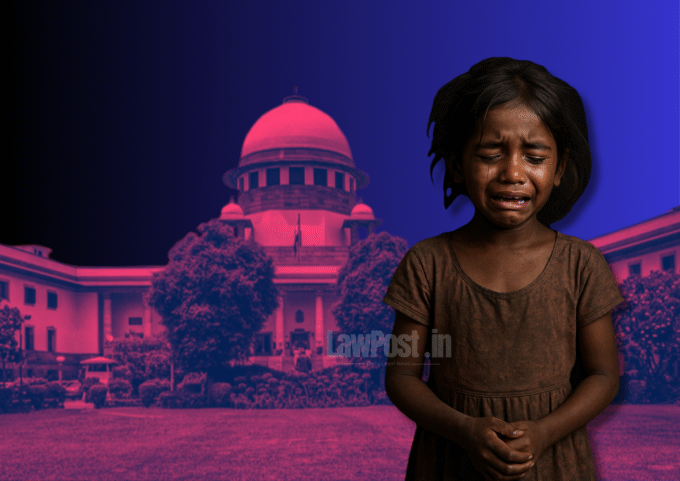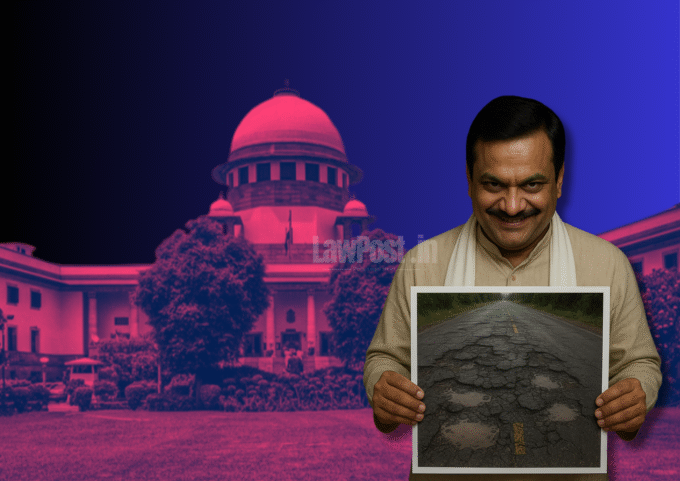In a significant judgment on juvenile rights, the Supreme Court on May 20 clarified that the Juvenile Justice Board (JJB) has no power to review its own decisions or contradict its earlier findings in subsequent proceedings. The verdict was delivered by a Bench comprising Justices Abhay S. Oka and Ujjal Bhuyan.
The case before the Court involved a controversy where the JJB initially accepted the date of birth of the accused (Respondent No. 2) based on school records, but later sought a medical opinion to determine his age, effectively reversing its earlier stand.
Disapproving of this, the Court observed:
“It is not open to the JJB to say in subsequent proceeding that date of birth of respondent No. 2 is not 08.09.2003 and thereafter proceed to have the opinion of the medical board. If this is permitted, it will amount to reviewing its earlier order. The JJ Act, 2015 confers no such power of review upon the JJB.”
The judgment authored by Justice Bhuyan reiterated that under Section 94(2) of the Juvenile Justice (Care and Protection of Children) Act, 2015, medical opinion can only be sought when documentary evidence such as school records is unavailable. In this case, the respondent’s school certificate clearly recorded his date of birth as September 8, 2003.
The Court emphasized that ossification tests and medical assessments have only a subsidiary evidentiary value, and cannot override valid school records.
“It is trite law that power of review is either statutorily conferred or by necessary implication. No such power of JJB is traceable under the JJ Act, 2015.”
Furthermore, while the JJB had conducted a preliminary assessment under Section 15 and suggested that the juvenile be tried as an adult, the Court clarified that this did not negate the right to bail under the statute, particularly when no risk to society or the juvenile himself was found.
Upholding the High Court’s decision to grant bail, the Supreme Court dismissed the appeal.
Case: RAJNI vs STATE OF UTTAR PRADESH & ANR. – Available on LAWFYI.IO








